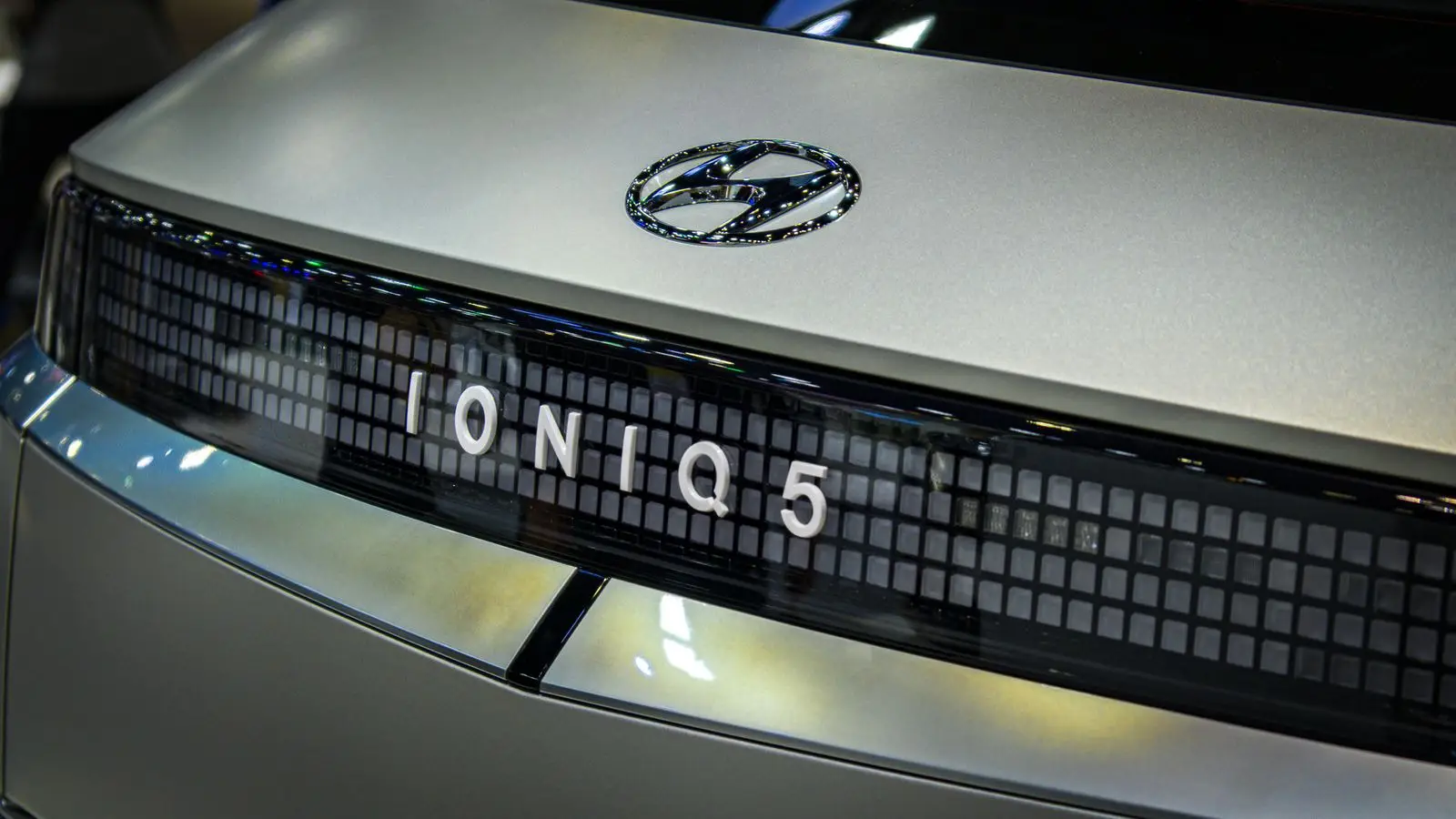Hyundai’s High-Tech Georgia Factory Aims to Shield EVs From Tariffs

Hyundai’s new Georgia EV plant builds Ioniq 5 and 9 locally to counter tariff threats. Discover how this factory reshapes U.S. production and tax credit eligibility.
Just outside Savannah, Georgia, Hyundai’s new Metaplant quietly hums with robotic efficiency. So quiet, in fact, that workers assembling the new Ioniq 5 and Ioniq 9 electric crossovers don’t need ear protection. The factory deploys autonomous platforms, AI-optimized logistics, and even Boston Dynamics’ robotic dog Spot for weld inspections. Solar panels on the parking lot roof generate 5.2 megawatts of energy, and hydrogen trucks are slated to handle future parts transport.
But this is more than a technological leap—it's a calculated maneuver to protect Hyundai from looming U.S. tariffs. Former President Donald Trump has proposed a 25% tariff on imported vehicles and parts, a policy that could go into effect as early as this week. The Metaplant, with its $12.6 billion investment and 14,000 jobs created, aims to shield Hyundai’s growing U.S. market from such economic shocks. Still, it’s no silver bullet.
The factory currently produces the 2025 Ioniq 5, which has 29% U.S.-made parts, 29% Korean, and 33% sourced from Hungary—specifically the SK On battery. By mid-2025, Hyundai plans to shift battery production to the U.S., potentially pushing domestic content above 60%. This localization effort also qualifies the vehicles for up to $7,500 in EV tax credits under the Inflation Reduction Act.
The timing has been crucial. Hyundai’s U.S. EV sales soared in 2024, with nearly 5,000 Ioniq 5 units sold in November alone—more than double the year before. However, the threat of tariffs looms large. A report from Anderson Economic Group estimates vehicle prices could rise between $4,000 and $12,000 if tariffs hit imported components. Even with local production, Hyundai isn’t immune: 29% of Ioniq 5 parts are still imported.
Other automakers face even steeper challenges. Brands like Volkswagen, Mazda, and Mercedes-Benz rely heavily on overseas production. Even General Motors and Ford maintain significant operations in Canada and Mexico. Hyundai, by contrast, is racing ahead with its localization strategy.
It’s not alone in that effort. Rivian is building a $5 billion plant in Georgia. Ford and SK Innovation are investing $11.4 billion in Tennessee and Kentucky. Stellantis is modernizing Michigan facilities with over $400 million. All are vying for tax credit eligibility and protection from tariff shocks.
Still, the future remains uncertain. Hyundai’s global president and CEO José Muñoz summed it up best: “During COVID, we adjusted faster than others. We may need to do that again.”
Mark Havelin
2025, Mar 31 20:58


